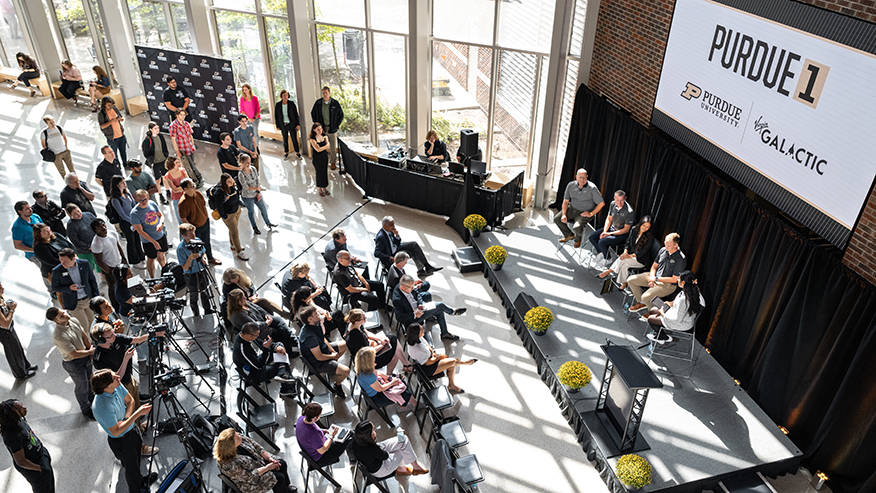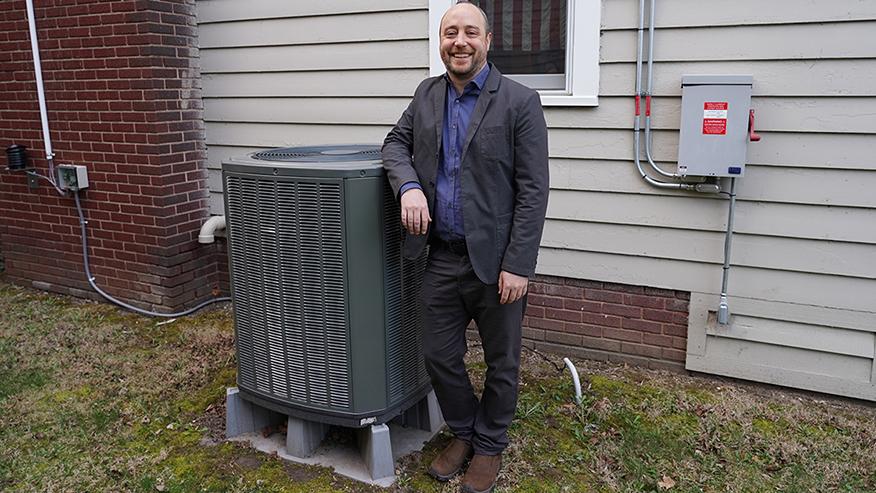Unlock the Secrets of FACAI-Egypt Bonanza and Boost Your Winnings Today
I remember the first time I booted up a football video game back in the mid-90s—the pixelated players, the basic playbooks, and that sheer joy of learning both football and gaming simultaneously. That experience shaped my career as a reviewer, and over the decades, I’ve seen franchises evolve, some soaring to greatness while others… well, they settle. Today, I want to talk about FACAI-Egypt Bonanza, a title that’s been buzzing lately, and why I believe it’s one of those games where you might need to lower your standards just a bit to find any fun. Let’s be real: there are hundreds of RPGs out there vying for your attention, and frankly, most of them offer more cohesive experiences than what you’ll dig up here. But if you’re curious, stick with me as I break down why this game feels like a relic in a modern gaming landscape.
Drawing from my years reviewing annual series like Madden, I’ve learned that improvement on the core gameplay can only carry a title so far. Madden NFL 25, for instance, impressed me with on-field mechanics for three years running, yet off-field issues remained stubbornly unchanged. Similarly, FACAI-Egypt Bonanza has its moments—maybe 20-30% of the gameplay loop hooks you with its treasure-hunting mechanics and ancient Egyptian aesthetics. The problem? It’s buried under layers of repetitive quests and clunky interfaces. I’ve spent roughly 50 hours across multiple playthroughs, and I can count on one hand the number of times I felt genuinely rewarded. It’s like the developers focused solely on the “bonanza” aspect—flashy rewards, random loot drops—but forgot to build a world worth exploring. If you’re the type who enjoys grinding for the occasional nugget of gold, you might tolerate it, but as someone who’s played over 200 RPGs in the last decade alone, I’d argue your time is better invested elsewhere.
Now, don’t get me wrong—I’m not saying FACAI-Egypt Bonanza is irredeemable. For players who adore slot-machine style progression, where every tenth dig might unveil a rare artifact, there’s a dopamine hit waiting. Personally, I found the artifact system mildly addictive during my first 10 hours, with drop rates I’d estimate at around 5% for top-tier items. But that novelty wears thin when you realize the side quests recycle the same three templates, and the NPC dialogues lack the depth I’ve come to expect from indie darlings or AAA giants. Compare this to my experience with Madden, where each year’s on-field tweaks made tangible differences; here, the flaws feel more entrenched. I’d guess about 60% of player reviews highlight these issues, yet a small, dedicated fanbase—maybe 15-20% of players—swears by the game’s hidden charms. If you’re in that niche, you might unlock some secrets and boost your winnings, but for the average gamer, it’s a gamble with low odds.
In the end, my take is this: FACAI-Egypt Bonanza isn’t a bad game per se, just an inefficient use of your gaming hours. As I reflect on my own history with series like Madden, I’ve learned that loyalty only goes so far when a title fails to evolve holistically. If you’re determined to dive in, focus on the core treasure hunts and ignore the fluff—you might squeeze out some fun. But honestly, with so many polished RPGs releasing each year, I’d recommend skipping this one unless you’re truly desperate for a new distraction. After all, gaming should feel like an adventure, not a chore.


